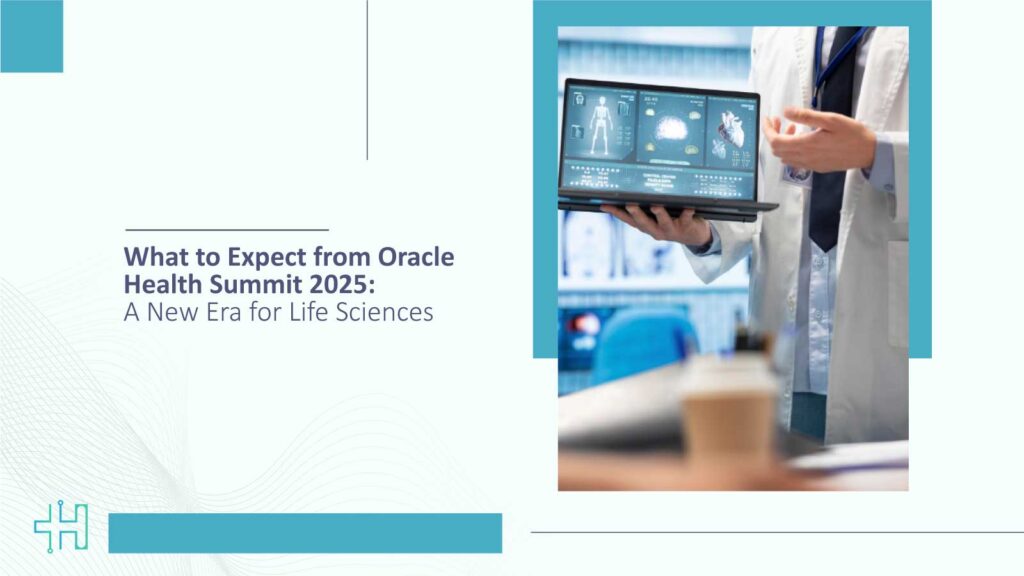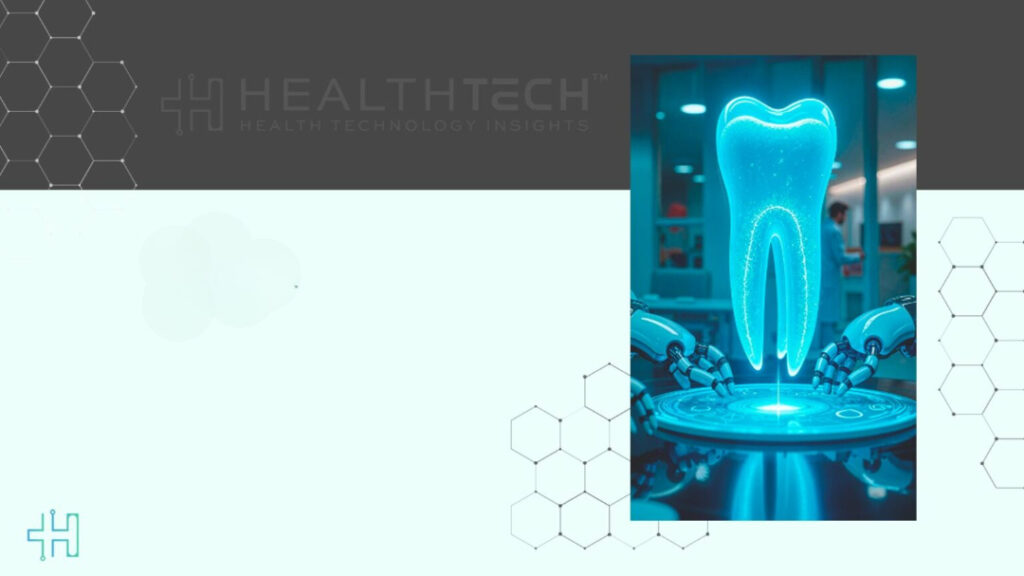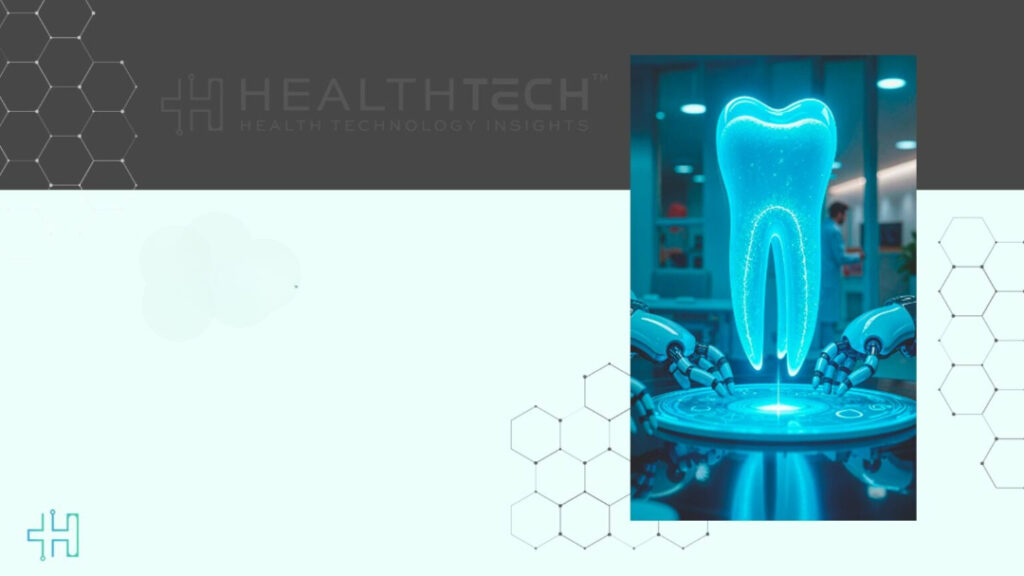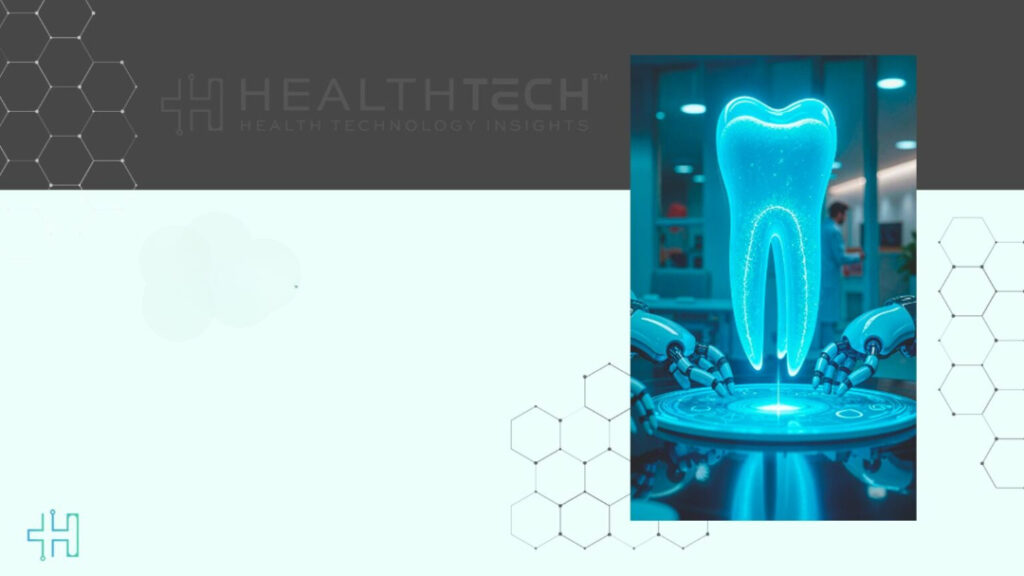When platforms replace point solutions, transformation becomes possible. That’s why all eyes are on Oracle Health Summit 2025, where health system CEOs, CIOs, pharma leaders, and policymakers will gather to do more than demo technology. They’ll define the infrastructure for AI-powered care, data-driven trials, and scalable public health models.
With Oracle positioning itself as both innovator and integrator, the summit marks a pivotal shift from isolated pilots to full-platform adoption across clinical, operational, and regulatory domains.
For those leading healthcare’s digital transformation in 2025, this summit offers something rare: real alignment between emerging technology and enterprise-scale execution.
Why the Summit is Important in 2025
The American healthcare system is already under real pressure: inflationary costs, burnout among clinicians, and isolated data that too often cannot inform real-time decision-making.
A McKinsey report in 2025 discovered that while 72% of healthcare executives intend to make AI investments, only 18% have a well-formulated implementation strategy. At the same time, EHR fatigue continues to predominate in clinician feedback.
That’s when Oracle Health Summit 2025 is not just an exhibition; it becomes a call to systems change. Oracle is convening the tools, leaders, and strategies required to rewire healthcare from the inside out, with integrated AI, cloud-native platforms, and real-world intelligence across sectors.
Inside the Technology Stack
At the heart of Oracle Health Summit 2025 lies a clear focus: turning technology into clinical utility. Rather than layering innovation on top of legacy systems, Oracle is re-architecting the healthcare stack, infusing AI, cloud-native infrastructure, and real-world intelligence directly into the foundation.
Here’s how that vision is coming to life across the care continuum:
AI in Everyday Clinical Practice
Oracle’s future-proof EHR does much more than digital charting. It embeds generative AI as an integral part of clinical workflows, helping with documentation, abstracting patient histories, and providing real-time care guidance. Embedded conversational search and voice navigation capabilities intend to minimize screen time and restore attention to patients.
As Oracle reports, early adopters have achieved up to 40% time savings on documentation and a quantifiable boost in clinician satisfaction. This isn’t AI for the sake of AI; it’s AI created to make care delivery smarter and less laborious.
Cloud-Native EHRs Built for Scale
Oracle has redesigned its EHR foundation to be built on Oracle Cloud Infrastructure (OCI), allowing for rapid deployment, real-time performance, and simplified interoperability between organizations. For CIOs dealing with hybrid infrastructure and legacy systems, this provides a way to modernize without the usual decade-long implementation horizons.
Security and governance are inherent, not added as afterthoughts, allowing for greater ease in achieving compliance mandates while growing innovation.
Real-World Data Meets Life Sciences
Within life sciences, Oracle is demonstrating how machine learning and real-world data (RWD) can condense the clinical trial cycle. During the summit, pharma leaders will discuss how Oracle Health Data Intelligence solutions replicate trial populations, speed up site selection, and enhance pharmacovigilance, shortening the time from molecule to market.
With almost 62% of 2025 venture investment in digital health going into AI and analytics companies, Oracle’s platform-based solution offers biotech leaders a secure, enterprise-class means of putting real-world evidence into action.
Public Health Intelligence in Action
Oracle’s public health solutions already assist agencies in tracking disease trends, controlling mass vaccination efforts, and performing analytics on millions of de-identified records. The summit will identify how this identical infrastructure can be leveraged for pandemic preparedness, population health forecasting, and global regulatory compliance.
Key Leaders to Watch at the Summit
Look for guidance and insight from a diverse range of speakers:
- Seema Verma, EVP, Oracle Health and Life Sciences – leading Oracle’s platform strategy for clinical, life sciences, and public health.
- Patrick Conway, CEO, Optum – with value-based care and payer-provider alignment expertise.
- Chris Boone, Global VP, Oracle Research Services – a longtime champion of real-world evidence and data equity.
- Lawrence Tallon, CEO, UK MHRA – on regulatory models for AI in the clinic.
They are heavily invested in the policies and products that will frame healthcare delivery in the next five years.
Who This Matters To
If you’re in the healthcare business of modernizing, this summit is on your radar.
Health system CIOs and CMIOs: See how combined cloud and AI solutions can enhance interoperability and decrease clinician burnout.
Life sciences and biotech leaders: Witness how trial simulation through pharmacovigilance is being operationalized using real-world data.
Public health innovators: Learn scalable, ethical frameworks for population-level insight and outbreak response.
Healthcare venture capitalists and startup entrepreneurs: Determine where Oracle’s platform provides new levers for integration, acceleration, and ecosystem alliances.
Strategic Themes Emerging in 2025
As the Oracle Health Summit 2025 makes clear, the next wave of healthcare transformation isn’t about isolated breakthroughs; it’s about strategic alignment.
From AI deployment to data interoperability, Oracle’s approach reflects a deeper shift in how the industry thinks about infrastructure, outcomes, and innovation at scale.
Here are the key themes reshaping the landscape:
1. Platform Over Point Solutions
Healthcare is moving away from siloed tools to integrated platforms, and Oracle is making that happen by providing interoperability at scale between clinical, operational, and research settings.
2. Reliable AI, Not Merely AI
AI explainability, bias prevention, and data privacy aren’t checkboxes anymore; now they’re essentials. Oracle’s governance-first strategy resonates with institutions that can’t afford to risk patient data or clinical outcomes.
3. ROI-Driven Modernization
From shortening note-taking time to speeding up trials, Oracle is prioritizing results, not features. In a lean economic environment, quantifiable ROI is what distinguishes working transformation from vaporware.
Building What Healthcare Deserves
The Oracle Health Summit 2025 is a blueprint for what’s possible when strategy, infrastructure, and innovation move in lockstep. In an industry often slowed by fragmentation and fatigue, Oracle is offering a new foundation: one where AI supports clinicians without replacing them, cloud platforms connect rather than complicate, and real-world data fuels not just research, but real change.
For healthcare leaders ready to build systems that are as smart as the people who power them, the time for passive observation has passed. The future isn’t waiting. Neither is Oracle.
This is where bold decisions meet lasting transformation. This is where healthcare moves forward, intelligently, collaboratively, and at scale.
Ready to Lead the Next Chapter in Healthcare?
Don’t just follow the transformation, help define it. Join the innovators, executives, and visionaries at the Oracle Health Summit 2025 and be part of the platform-level thinking that’s shaping the future of clinical care, life sciences, and public health.
Register now and take your seat at the table where healthcare’s digital future is being built:
https://www.oracle.com/health/health-life-sciences-summit/
FAQs
1. When and where is Oracle Health Summit 2025 happening?
It takes place September 9–11, 2025, in Orlando, Florida. Visit Oracle’s official event page for registration and agenda updates.
2. What makes Oracle’s new EHR different from traditional systems?
It’s cloud-native, AI-embedded, and fully interoperable, built to reduce administrative overhead and surface insights clinicians can act on in real time.
3. Is this summit relevant for smaller healthcare providers or only large systems?
The event covers modular, scalable solutions that apply to regional providers, community hospitals, and public health agencies, not just large networks.
4. Will the summit address regulatory and ethical concerns around AI in healthcare?
Yes. Sessions include perspectives from global regulators and policy experts focused on trust, bias, and explainability in AI deployments.
5. Can I attend virtually if I’m not traveling to Orlando?
Oracle typically offers on-demand replays and remote access options. Check the event site closer to the date for details.
Dive deeper into the future of healthcare.
Keep reading on Health Technology Insights.
To participate in our interviews, please write to our HealthTech Media Room at sudipto@intentamplify.com







